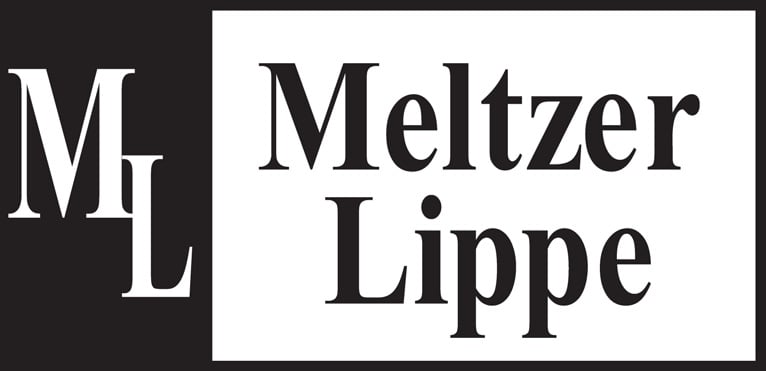The Occupational Safety and Health Administration (“OSHA”) issued an Emergency Temporary Standard (“ETS”) on November 4, 2021 requiring covered employers to implement COVID-19 mandatory vaccination and testing policies in the workplace. Importantly, on November 6, 2021, the United States Court of Appeals for the Fifth Circuit enjoined the ETS nationwide pending expedited judicial review, finding “grave statutory and constitutional issues”, which was affirmed on November 12, 2021. Notably, the Court opined that the ETS poses a threat to “the liberty interests of reluctant individual recipients” who are burdened to choose between their jobs and vaccination or testing. OSHA is not permitted to take further steps to implement or enforce the ETS until a further Court order. Notwithstanding, we outline below the key takeaways of the ETS which we provide in anticipation of Supreme Court review and potential endorsement of the ETS.
- The ETS covers employers with 100 or more employees company-wide.
- Certain employees are exempted from the ETS including those who do not report to a workplace where other individuals are present, who work remotely, or who work exclusively outdoors.
- The ETS requires employers to implement a mandatory COVID-19 vaccination policy or, in the alternative, adopt a policy requiring employees to undergo regular COVID-19 testing and wear a face covering at work.
- The ETS excepts employees who require reasonable accommodation due to a disability or sincerely held religious beliefs, practices, or observances.
- Employers are required to maintain records and rosters concerning the vaccination status of each employee.
- Employers must remove employees with positive COVID-19 test results from the workplace and report COVID-19 fatalities and hospitalizations to OSHA.
- The ETS requires that employees be provided reasonable time, including up to four (4) hours of paid time for COVID-19 vaccination and reasonable time and paid sick leave to recover from side effects of the vaccination.
- The ETS is intended to preempt state and local laws adopting and enforcing workplace requirements that ban or limit an employer from requiring vaccination, face covering or testing for COVID-19.
- While the ETS does not require employers to cover the costs of testing, New York State laws may require employers to bear these costs.
Although the viability of the ETS is uncertain, covered employers are nevertheless permitted to implement policies that support the policy considerations underlying the ETS subject to state law guidance to the contrary. A full summary of the ETS can be found here.
Meltzer Lippe remains fully abreast of judicial and legislative developments regarding workplace policies as they pertain to COVID-19 and will advise of further developments concerning the ETS. Should employers have any questions concerning the foregoing, please do not hesitate to contact Larry R. Martinez, Esq., Asish A. Nelluvely, Esq. or Allyson Brown-Hanif, Esq. of the Labor & Employment group at Meltzer, Lippe, Goldstein & Breitstone, LLP.
